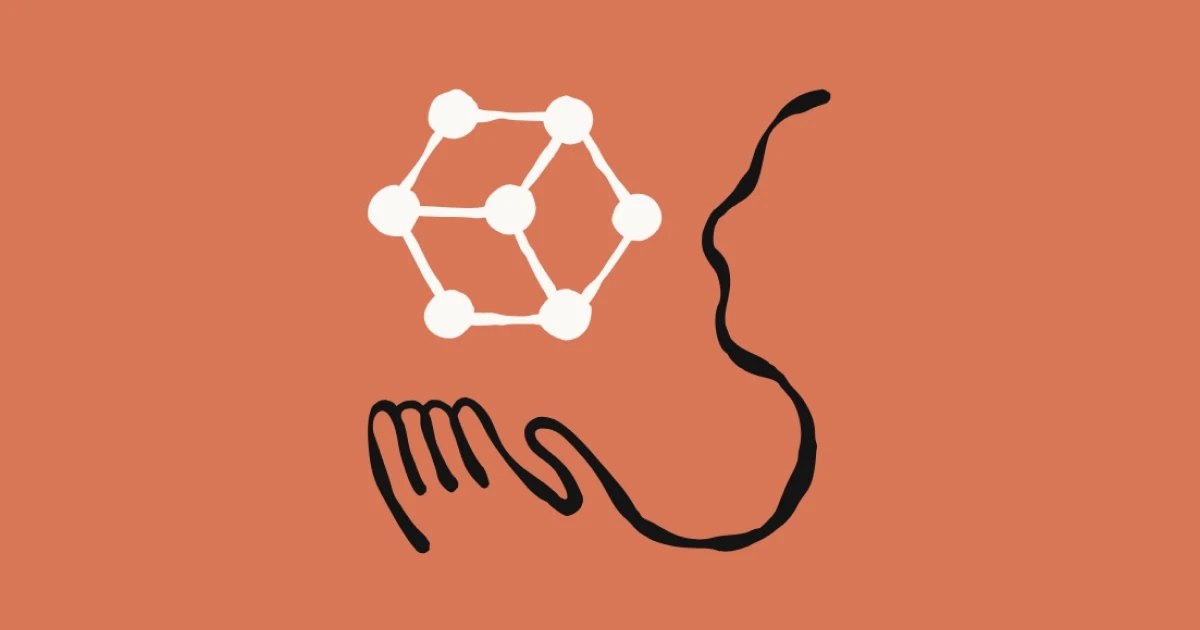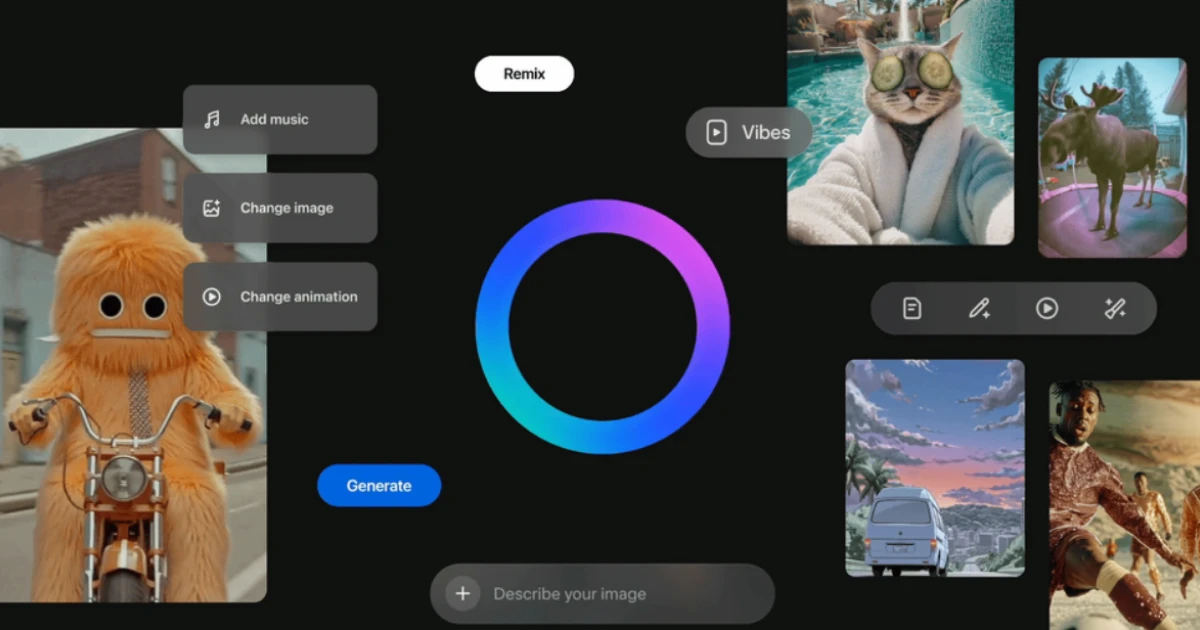The answer might come as a surprise to some. I’m sure that many of you thought immediately of Gen Z. They are young, and spend a significant part of their day on their phones – sounds like the correct answer, right? Well, that’s wrong. The ones responsible for WFH are none other than millennials.
According to multiple datasets and sources, millennials are the ones who disparately want to work from their home offices. 85% of millennials want to work full-time from home. Or a coffee shop. Or a library. Many of them would rather resign and look for a remote job than go back to working from the office.
And who can blame them? After getting used to spending more time home with their families, going back to work on-site seems unnecessary and inconvenient. Many millennials have young children and saving commuting time means more time to dedicate to their children. Even without children, the time you would waste traveling to the office and back can be used in other more productive ways.
Working from home is a way more comfortable and less stressful working experience. The balance between work and personal life can be maintained which ultimately leads to higher employee satisfaction and even greater productivity. This way both the employees and the company can benefit from WFH.
Even though millennials prefer WFH, not every job can be done remotely, so this applies only to the ones that don’t require physical contact. One sector that can benefit from working from home is the tech industry. The key element for tech corporations is the internet. As long as there is a safe and stable internet connection, everything from virtual meetings to accessing various platforms can be done from anywhere.
Now in 2024 more than ever, we benefit from huge impactful advancements in terms of digital connectivity. Fast internet is widely available, collaborations between colleagues and different departments are enabled by cloud computing services, and, most importantly, everything is safe and protected from cyber-attacks.
By using Artificial Intelligence (AI) the need for performing routine tasks has decreased significantly so it’s easier and easier to organize schedules or sort emails. This has reduced drastically the need for human assistants who would have to be present at the office.
After seeing how the working population, especially the millennials, responds to working from home, it’s clear that WFH is here to stay. As millennials make up the majority of the global labor force, their opinion holds a huge weight. And what millennials like is, you guessed it, working from home.















